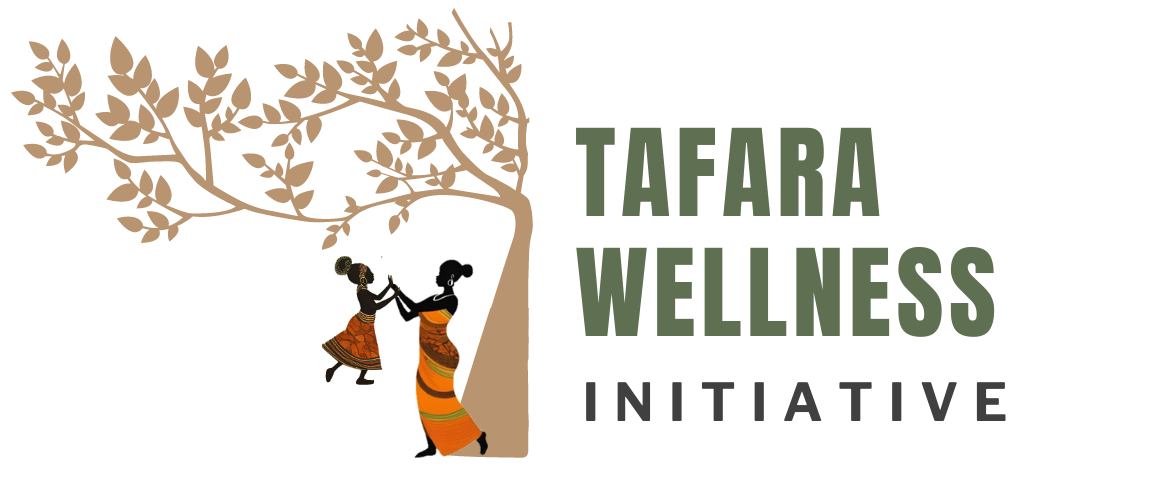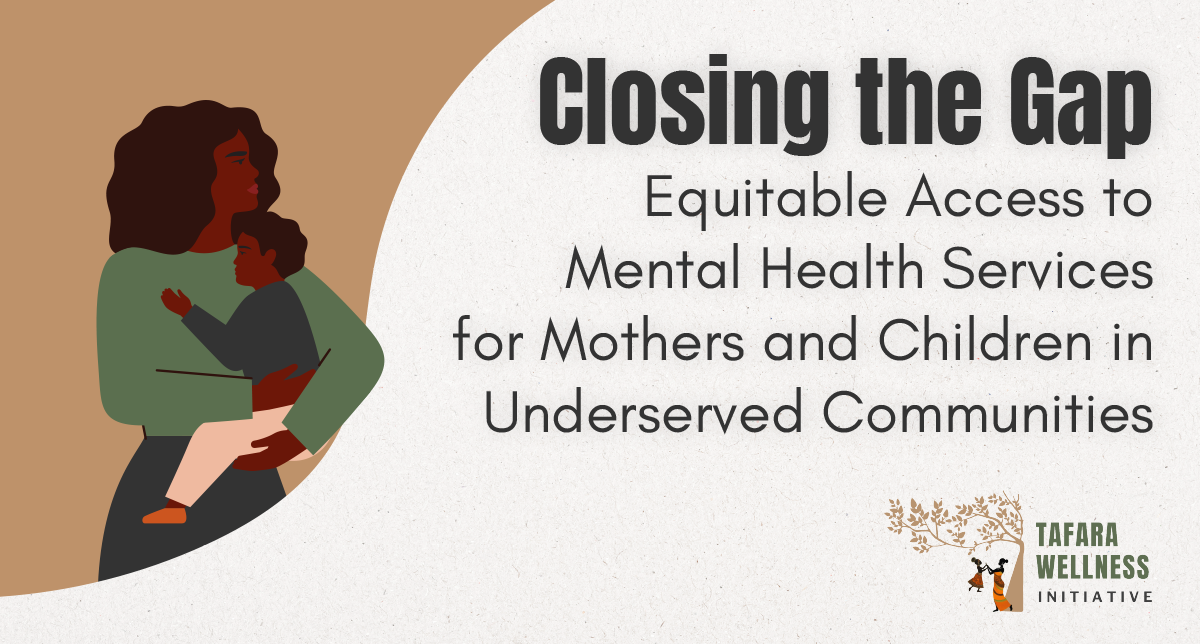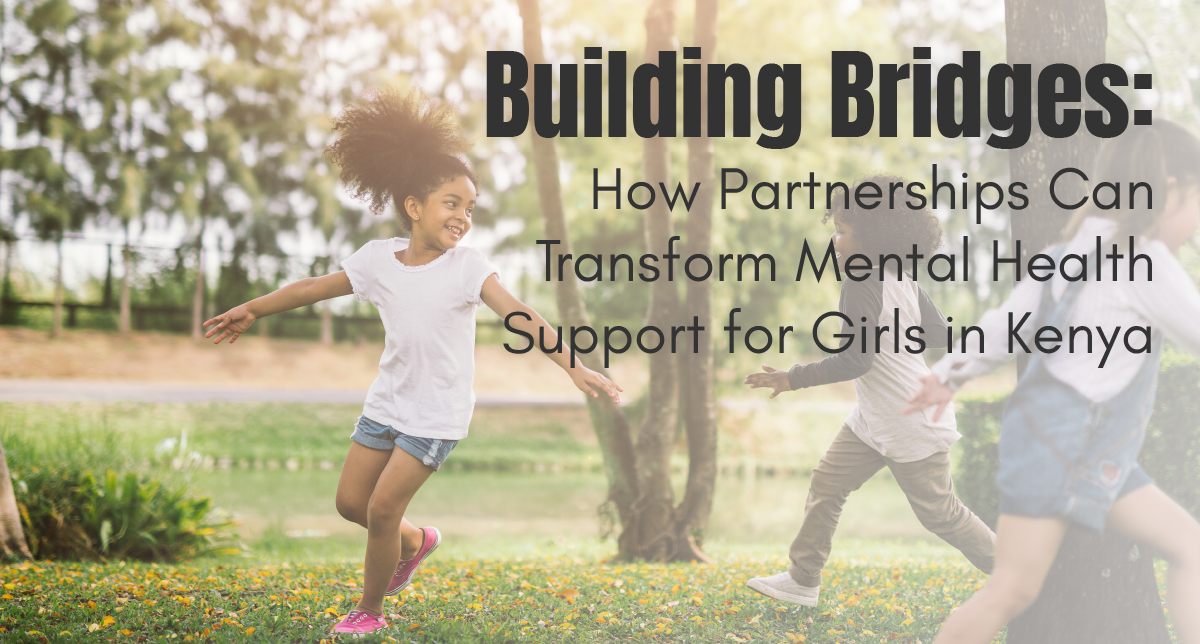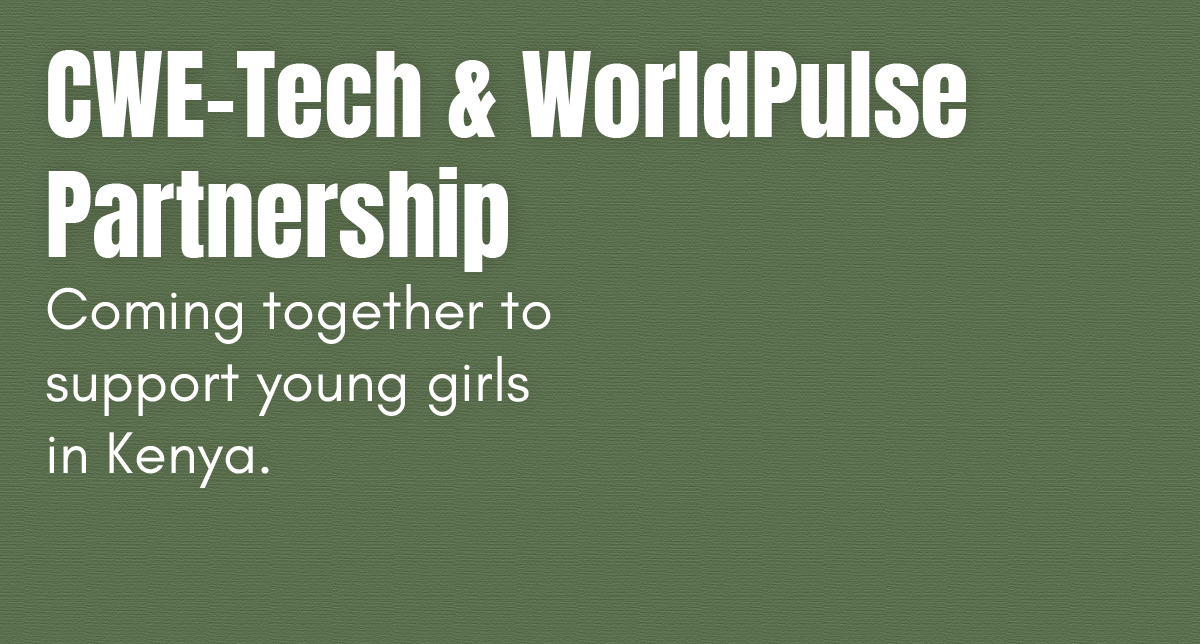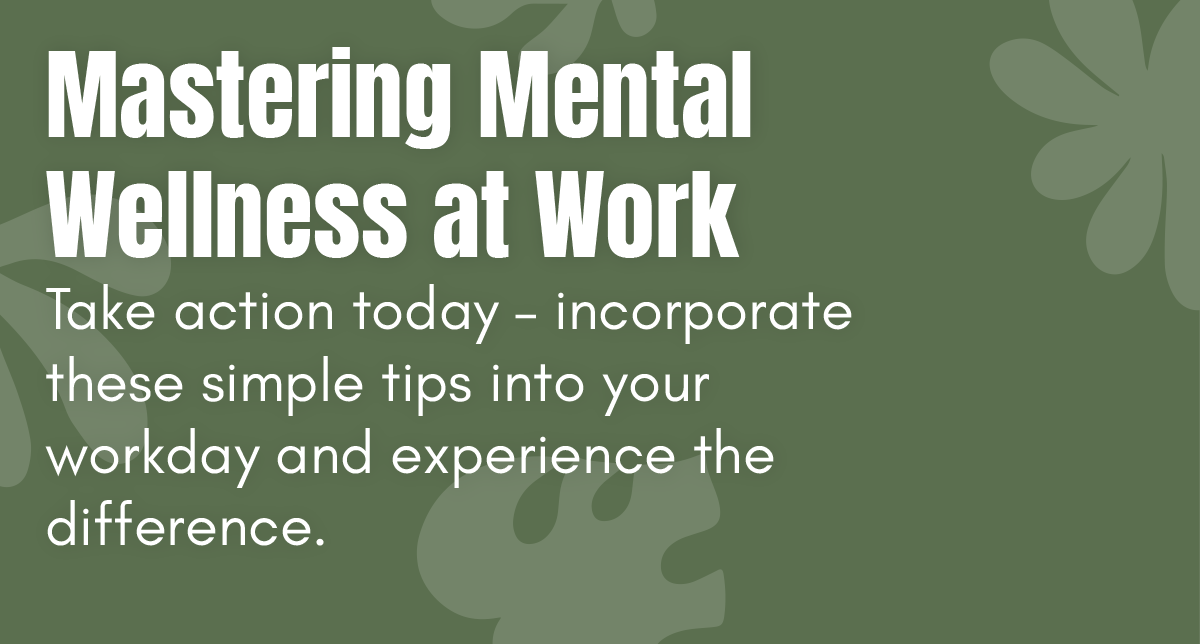Equitable Access to Mental Health Services for Mothers and Children in Underserved Communities
Mental health challenges affect people globally, but the impact is especially profound in underserved communities. Women and children are disproportionately affected, yet they often have limited access to essential mental health services. In this blog, we explore the pressing need to close this gap and discuss real-world examples, data, and actionable solutions that can improve mental health equity.
The Scale of the Problem: Data-Driven Insights
Access to mental health services remains a luxury for many, especially in low-resource settings. According to the World Health Organization (WHO), nearly 80% of people living in low- and middle-income countries (LMICs) lack access to mental health services. This problem is exacerbated for mothers and children, who face unique stressors such as gender-based violence, maternal depression, and trauma from domestic instability.
- Maternal Depression: The WHO estimates that 10% of pregnant women and 13% of new mothers experience a mental disorder, primarily depression. This figure is nearly twice as high in underserved communities.
- Children’s Mental Health: A UNICEF report found that 1 in 7 adolescents aged 10–19 worldwide experience a mental health disorder, with children in underserved areas more likely to face untreated trauma and stress due to poverty and violence.
- Access Gap: The Lancet Commission on Global Mental Health found that in LMICs, less than 1% of national health budgets is allocated to mental health, leading to severe service shortages.
These figures underscore the urgent need to focus on equitable access to mental health services for mothers and children in underserved areas.
Success Stories: NGOs Bridging the Gap
Several organizations are already making strides in improving mental health access. Here are two inspiring examples:
- Mothers2Mothers (M2M): Operating across sub-Saharan Africa, m2m employs local women as peer mentors to provide mental health and healthcare support to mothers. Their approach addresses both physical and mental health, with mentors guiding mothers through challenges like postnatal depression and trauma. Their holistic care model has shown significant reductions in maternal stress levels, benefiting both mothers and their children.
- StrongMinds: StrongMinds works to combat depression in women and adolescents in Uganda and Zambia through group interpersonal therapy. Their low-cost, scalable model has reached over 160,000 women and adolescents since 2014, and their results show that 80% of participants are depression-free after 12 weeks. StrongMinds not only treats depression, but also empowers women to become advocates for mental health in their communities.
Practical Solutions: How to Improve Access
Addressing the mental health needs of mothers and children in underserved communities requires a multi-faceted approach. Here are several solutions that can make a significant impact:
- Integrating Mental Health into Primary Care: Many underserved communities have limited access to specialized mental health services. However, training primary healthcare workers to screen and provide basic mental health interventions can go a long way. This has been successful in countries like Rwanda, where integrating mental health services into community health programs reduced the burden on specialized services.
- Telehealth and Digital Platforms: Telemedicine has the potential to revolutionize mental health access in underserved areas. Low-cost, mobile-based solutions allow mothers and children in remote areas to connect with healthcare professionals, bypassing geographical barriers. An example is the telehealth platform Friendship Bench in Zimbabwe, which connects individuals with lay health workers who provide therapy via phone calls and SMS.
- Community-Based Mental Health Programs: Community involvement is crucial in closing the access gap. Peer support models like M2M and StrongMinds show the power of local community members in delivering mental health care. Expanding these models through partnerships with local NGOs can extend their reach and effectiveness.
- Addressing Social Determinants of Mental Health: Mental health is deeply linked to social issues like poverty, education, and gender inequality. Addressing these social determinants through policies that promote economic opportunities, education, and gender equity can indirectly improve mental health outcomes.
A Journey to Joy
Closing the gap in mental health services for mothers and children in underserved communities is not only possible but essential. Data shows the dire need and the success stories from NGOs highlight that change is achievable with the right interventions. By integrating mental health into primary care, leveraging digital platforms, fostering community-based programs, and addressing social determinants, we can create a more equitable future for mental health care.
Join us in advocating for equitable mental health services for mothers and children in underserved communities. It’s long overdue that we close this gap and ensure that mental health care is a right, not a luxury. Discover how community-driven solutions and innovative interventions are making a difference—and learn how you can help champion this cause. Together, we can build a future where mental wellness is accessible to all!
